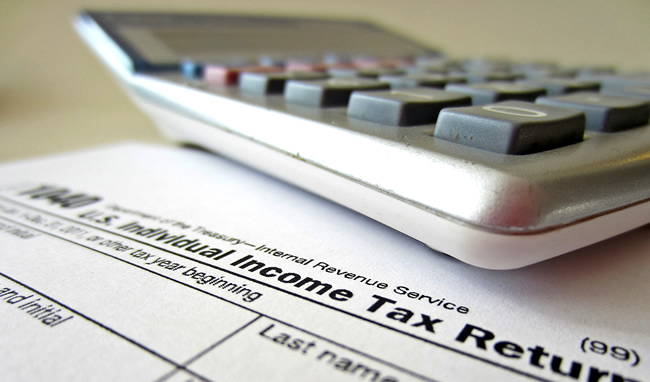There are many choices for action when you receive a Notice of Federal Tax Lien. This is a public document that goes on your credit history. It puts the IRS as the priority creditor over any of your other creditors, including the holders of your mortgage or other lines of credit. A tax lien limits your ability to apply for credit and can limit any transactions involving your property and assets, including any business property. A tax lien is often the step before any seizure of property, including a tax levy or garnishment.
What is Subordination?
One action you can take against a federal tax lien is to apply for Subordination. This does not remove the lien; instead, it allows other creditors to become the priority above the IRS. Subordination often helps you to receive a mortgage or other line of credit or to refinance. This is often done as a way to help you to find the funds necessary to pay your tax liability.
Who is Eligible for Subordination?
There are two bases for approval for the subordination of a tax lien. The first is if you pay an amount to the IRS that is equal to the lien or the interest to which the certificate subordinates the lien. The second reason for a subordination is when such an action will increase the ability of the tax payer to pay off the tax liability, such as a refinance to a lower interest rate that allows the tax payer to pay more to the IRS each month.
How Does Subordination Differ from Removal of a Tax Lien?
Subordination merely allows creditors to have a higher priority than the IRS over your property while the tax lien remains in place on the property. If you want a removal, then you have other options. The best option involves simply paying off your federal tax debt. Once your tax liability is paid in full, including any interest and penalties, then all collection action is released. If you are unable to pay the full amount, then you can apply for an Offer in Compromise, Installment Agreement, or other tax relief settlements, which also stops collection action. You also can apply for a discharge of property when you have a tax lien. This removes the lien from one piece of property, often to allow you to sell it to pay off the tax debt. You can also apply for a withdrawal of a tax lien. This removes the lien from public notice, and is mostly done as part of the Fresh Start initiative to clear your credit history once your tax debt has been paid.
If you owe a significant amount of money in taxes, do not wait for the IRS to implement a tax lien to take action. The sooner you work to pay off your tax debt or negotiate a settlement, the less likely you will face a tax lien or other collection actions that can put you into further financial difficulty. Working with a tax professional can help you decide the right action for your situation, as well as ensure you fill out the proper paperwork for approval.


